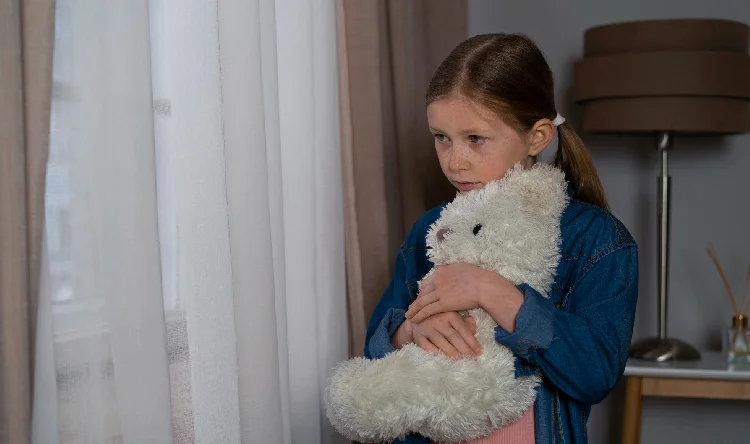The formative years: defining experiences for anxiety related disorders.
The foundation for construction of trauma is based on various experiences and causes, and the understanding attributed to each individual is that it can impact them in different ways/manners, depending on their personal psychological state, well-being, and coping mechanisms. An ability to adapt, change, improvise and modify one to challenging life situations has always served well to safeguard individuals against anxiety, however no living being is immune to anxiety and its effects. They are a reality for many and require therapeutic intervention and approaches. Some of these seek to address the formative years of individuals and trauma that has effected them, many of these remain unprocessed or are concepts, belief systems, effects of other comorbidities.
The human mind is malleable, relating to the oft touted concept of brain plasticity that states the human brain can rewire its structure effectively and be trained. The basis of therapy aims to exploit these mechanisms via therapy and healing methodologies in order to enable individuals progress, healing and therapeutic benefits from disorders affecting them. The benefits can be transformational, life changing, and rewarding.
The formative years of an individual are often the basis of many psychological disorders & conditions that afflict and impede development, well-being & overall health. Thus anxiety treatment establishes a basis of the formative years, and is actively moving seeks to address.
With anxiety being a multifaceted issue that arises and affects every human being. It can be something that the individual(s) are afflicted with and process on a daily basis. With anxiety there may be a requirement to examine and provide assessment of guardianship within the formative years. Individuals sought with anxiety usually are attributed as having stricter, authoritarian guardianship coupled with a prior history of parental/guardian abuse and neglect. They also be described as individuals who faced a tumultuous childhood. This is a reality among various individuals that aids, and enables development of pathways that result in anxiety disorder and related co-morbidities/psychological issues.
The various strategies utilised to effectively address anxiety and comorbidities are:
– Possibility of impact of childhood abuse and/or neglect: Childhood abuse and or neglect is a leading cause of anxiety amongst individuals especially if left unresolved and untreated.
– Attempting to understand the personality traits of the individual: Every individual has a unique cognitive spectrum and thus responds to therapeutic intervention with the associated varying degrees of uniqueness and difficulties can arise with some cases. Attempting and gauging to understand the personality traits of an individual assists in developing strategies to enable the complete effectiveness of therapeutic intervention.
– Unresolved trauma/untreated trauma: Within individuals, unprocessed traumatic memories, ideas, concepts, beliefs are often driving and generative moulding/shaping mechanisms that construct the lifelong basis for anxiety and related comorbidities. It is thus important to enable addressal, counsel and the processing of unresolved traumatic events, memories, beliefs, concepts and thinking, that can trigger anxiety and anxiety related states.
Trauma: a root cause of anxiety
Trauma negatively effects individuals and results in the development of anxiety disorders and comorbidities.

